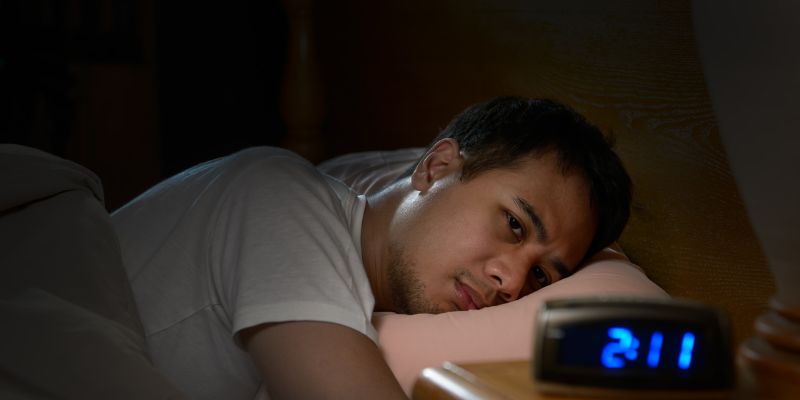Children getting less than nine hours of sleep per night whilst at primary school are more likely to have a lower cognitive ability compared to those getting more sleep, latest research shows.
A study carried out by the University of Maryland School of Medicine found that a lack of sleep during childhood increases a child’s risk of developing depression and anxiety.
- Light exposure during sleep linked to obesity and diabetes in older adults, study finds
- How to sleep better
In addition, the investigation has discovered that poor sleep is also associated with memory-related issues and poor decision making.
According to the American Academy of Sleep Medicine, children between the age of six and 12 should aim to get a minimum of nine hours of sleep each night.
During the study, the team of academics analysed the MRI images, medical records and surveys of approximately 8,300 children, all of whom are involved in the Adolescent Brain Cognitive Development (ABCD) trial.
Top author Professor Ze Wang said: “We found that children who had insufficient sleep, less than nine hours per night, at the beginning of the study had less grey matter or smaller volume in certain areas of the brain responsible for attention, memory and inhibition control compared to those with healthy sleep habits.
“These differences persisted after two years, a concerning finding that suggests long term harm for those who do not get enough sleep.”
The researchers noticed that the participants getting the recommended amount of sleep at the start of the study slowly started to sleep for a shorter amount of time over the following two years.
- Improving sleep quality could reduce risk of fatty liver disease, researchers say
- Impact of sleep on heart health formally recognised in updated cardiovascular health measurement system
Meanwhile, the sleeping habits of those with poor sleeping patterns at the start of the study did not change two years later, the results have reported.
Dr Wang said: “We tried to match the two groups as closely as possible to help us more fully understand the long-term impact on too little sleep on the pre-adolescent brain.
“Additional studies are needed to confirm our finding and to see whether any intervention can improve sleep habits and reverse neurological deficits.”
Regular exercise and reducing screen time can help children sleep better, according to the American Academy of Pediatrics.
Fellow researcher Dr Albert Reece added: “This is a crucial study finding that points to the importance of doing long-term studies on the developing child’s brain.
“Sleep can often be overlooked during busy childhood days filled with homework and extracurricular activities. Now we see how detrimental that can be to a child’s development.”
The study has been published in the journal Lancet Child & Adolescent Health.







